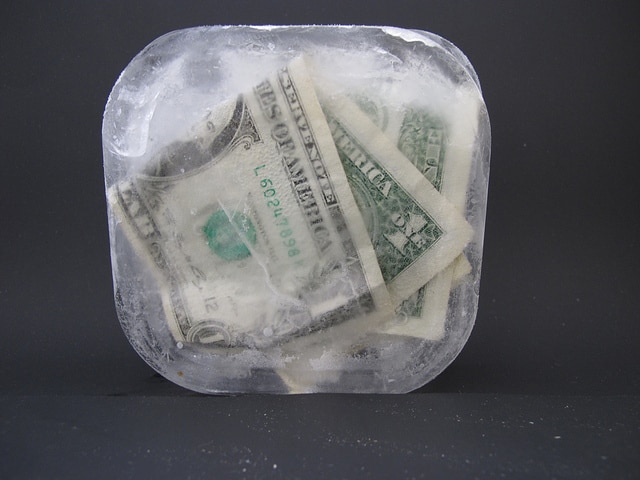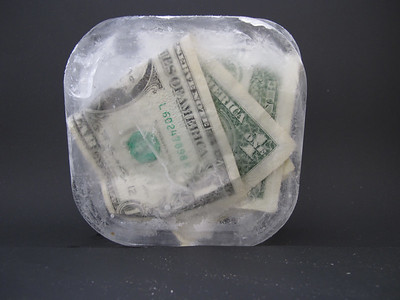When someone files for bankruptcy, they may think they will literally lose everything to creditors. They have nightmares of wages garnished to the point where they will not be able to to put food on their plate. This is simply not accurate. In fact, in many cases, your personal bank accounts are free of the risk of garnishment if you file for Chapter 7 bankruptcy by virtue of the provision of automatic stay.

However, if your bank or credit union account balance is more than a permissible exemption limit (for example if your account holds $20,000 whereas the exemption limit is only up to $12,000) and the bank is owed money from you, the bank can “freeze” your assets in that account. The bank simply has to send a notice to you and the bankruptcy trustee stating that your account is in “bankruptcy status” and the money is frozen and payable only upon the express direction from the bankruptcy trustee. But, if your account has less than $12,000, then that amount is exempt (i.e. you keep it).
The freezing of a bank account was permitted by a court In re Young, 2010 WL 3965698 (Bankr. M.D. Fla. 2010) and is also allowed by the bankruptcy courts in the Orlando area (Middle District of Florida). As to the rest of the State of Florida, bankruptcy courts have so far not favourably viewed the freezing of bank account assets. After the freezing of accounts by the bank, funds can be unfrozen and discharged upon a written petition from you to your bankruptcy trustee, or by filing a motion with the bankruptcy court.
In spite of the fact that the trustee or judge will ultimately approve “unfreezing” of accounts if no money is owed and/or if the money is within the exemption limit, the time taken may be anywhere from a couple of days to a few months. It is very important that you consider this aspect before filing for bankruptcy.
In the event that you owe money to the bank that holds your deposit accounts, consider closing those accounts and opening new ones at another bank or credit union before you file for bankruptcy. Despite the fact that it might be a bother to move your money, it is much more troublesome to lose access to your money for an indefinite period of time while you deal with complications about whether you, the trustee, or the bank ought to have control of the account and the assets in that account.
And in spite of all these precautions if you still find that your account has been frozen by the bank, contact the bank as soon as possible. The bank will then let you know whether it froze your account to secure it as an advantage of the bankruptcy estate or to simply hold it as an offset against your existing debt to the bank.
Contact an Experienced Bankruptcy Attorney Today
As you can probably tell, the law surrounding bankruptcy and frozen assets can be extremely complex. This is why you need to hire an experienced Florida bankruptcy attorney like those at Hoffman, Larin & Agnetti, P.A. Our firm is comprised of experienced, aggressive, and talented attorneys well-versed with the bankruptcy code. We even offer free, no-obligation consultations to potential clients, so call us or write to us today!


